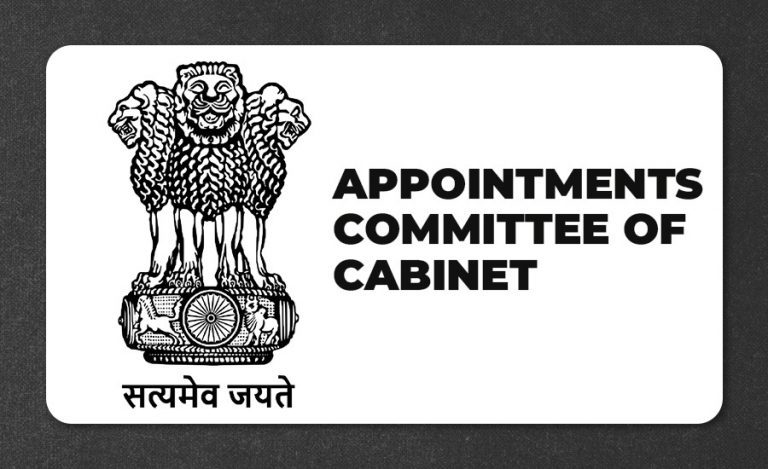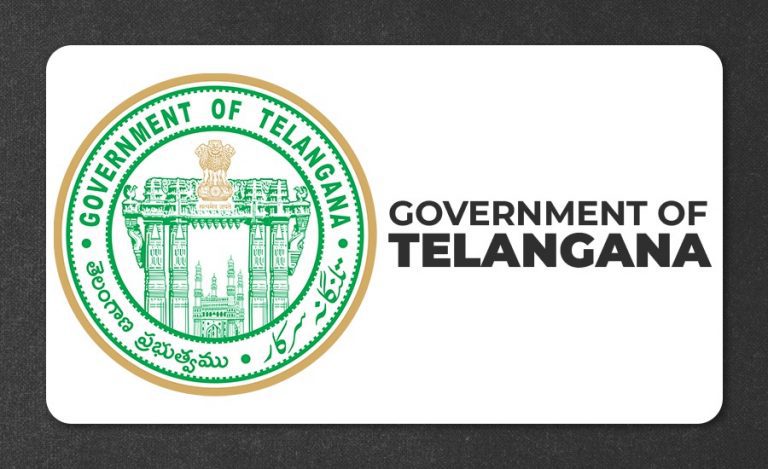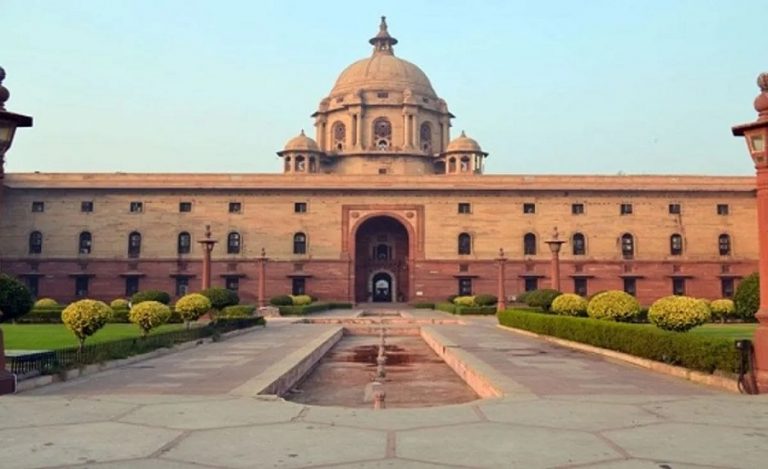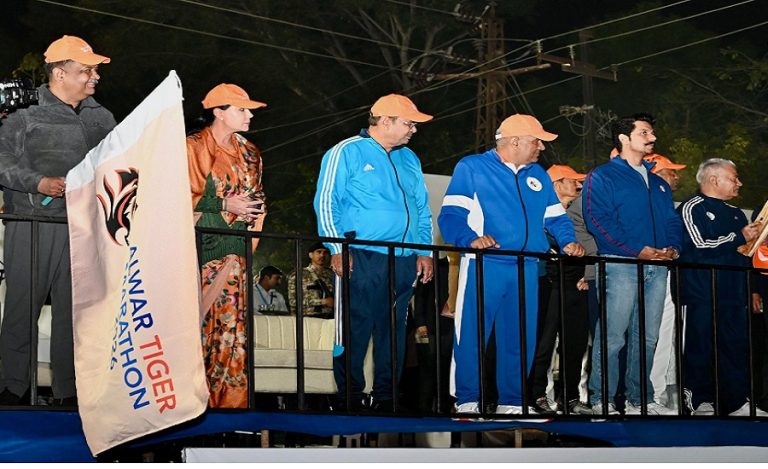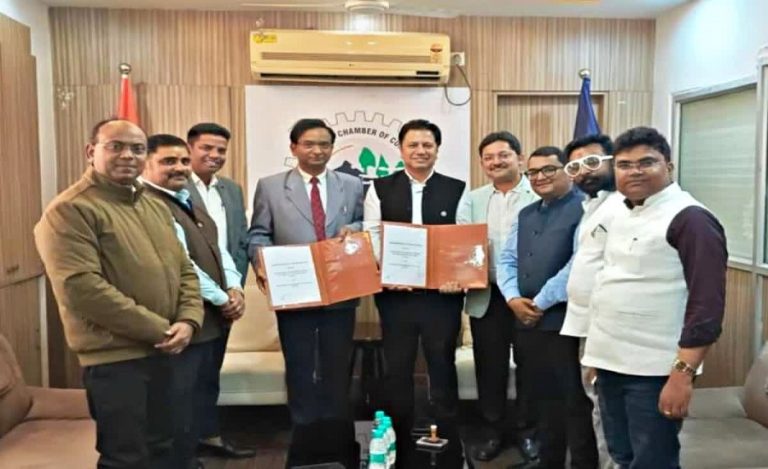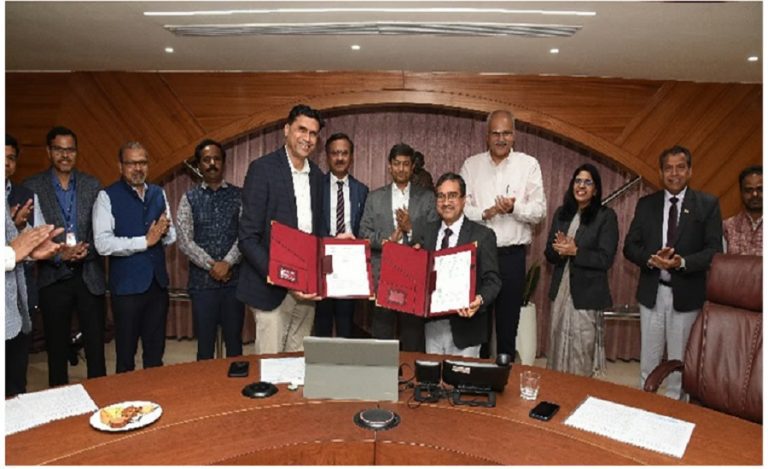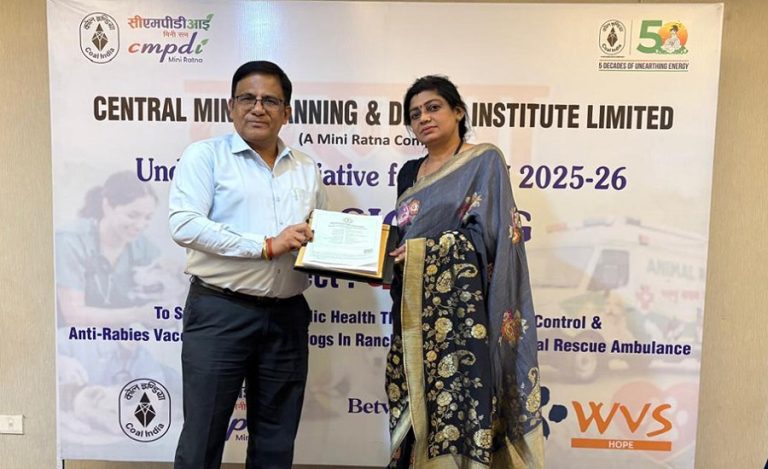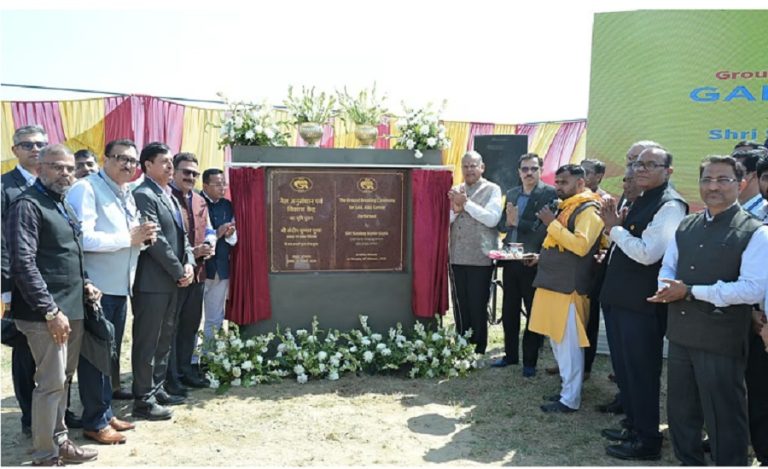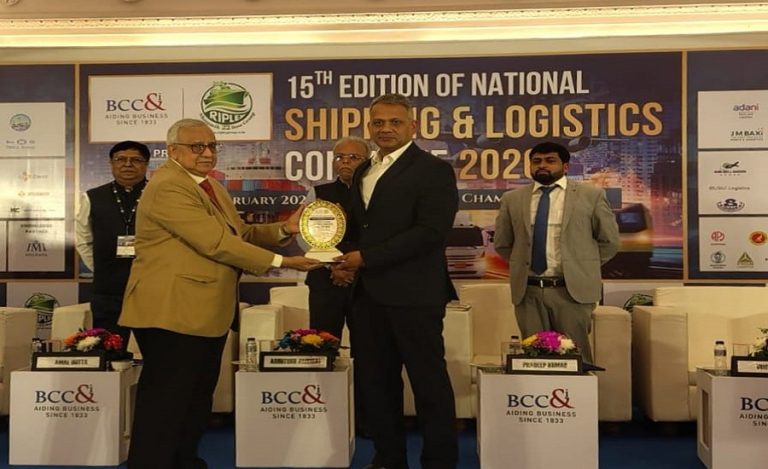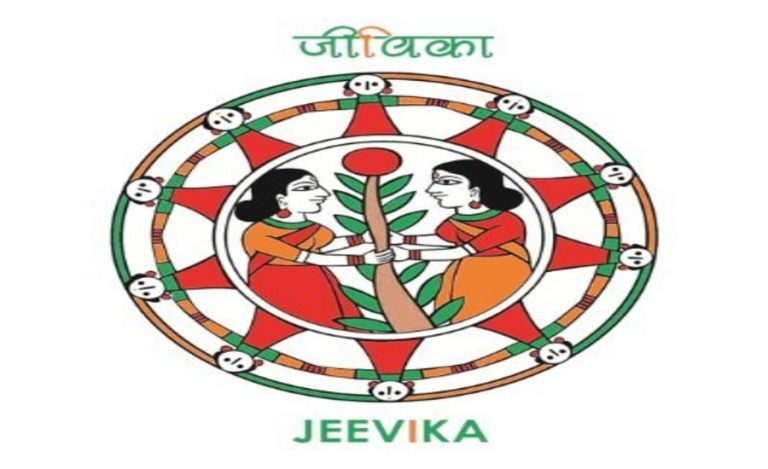The Madras High Court has dismissed a writ petition filed by IAS officer Dayanand Kataria and upheld the validity of the Centre’s 360-degree appraisal/multi-source feedback system for appraising the performance of all Indian Administrative Service officers, in State government service, for empanelment so that they could apply for vacancies that arise under the Government of India (GoI).
Declaring Mr. Kataria’s plea as illegal, Justices V.M. Velumani and V. Lakshminarayanan dismissed his writ petition.
The judges though did not impose costs on the petitioner “since an interesting question of law had been framed and argued”.
Mr. Kataria of the 1989 batch of Tamil Nadu cadre was empaneled to serve at the Joint Secretary level under the GoI in 2012. Such empanelment then took place by assessing performance in terms of the 1996 office memorandum issued by the Union Ministry of Personnel, Public Grievances and Pensions.
He was due for empanelment as an Additional Secretary and then Secretary in the subsequent years.
However, after the Centre made changes in assessment rules in 2016, Mr. Kataria lost his chances.
With the introduction of the multi-source feedback system, the government elicited opinions about individual officers from seniors, peers, juniors, external stakeholders, and serving secretaries.
Mr. Kataria then approached the court to declare the 360-degree appraisal system as “illegal, void and to be in violation of the principles of natural justice.
The Division Bench said it did not find any illegality in the Centre’s deciding to assess an officer’s performance by looking beyond his/her Annual Confidential Report (ACR).
“If an employer wants certain qualities in its employees, especially at the senior level, it cannot be said to be arbitrary,” the bench said.
Under the 360-degree rule, an expert committee is constituted to receive inputs about an officer from his seniors, peers and juniors on well-defined attributes such as decisiveness and quality of work; willingness to take responsibility and moral courage; innovativeness, initiation, and risk-taking abilities; patience and problem-solving skills; being a team player and so on.
By no stretch of imagination can it be said that these are vague, the said. “Furthermore, as submitted by the learned Additional Solicitor General AR.L. Sundaresan, the report of the expert committee is not final,” the bench added.
Announcing the verdict, Justice Lakshminarayanan pointed out that the expert committee’s report was only an additional input and not the be-all and end-all with respect to empanelment.
There was also a separate review panel for independent assessment. This Special Committee of Secretaries (SCOS) assists the Cabinet Secretary in reviewing the matter and placing it before the Cabinet Committee on Appointments, which has the final authority on empanelment.
“Therefore, the fear of the writ petitioner that the expert panel could act in an arbitrary manner has also been resolved,” the bench said.
The judges concluded by saying: “While eligibility may be matter of judicial review, suitability certainly is not. In which manner and how the government identifies those suitable for its needs is not judicially reviewable unless it is arbitrary and violative of the Constitution or the statutory rules.”


